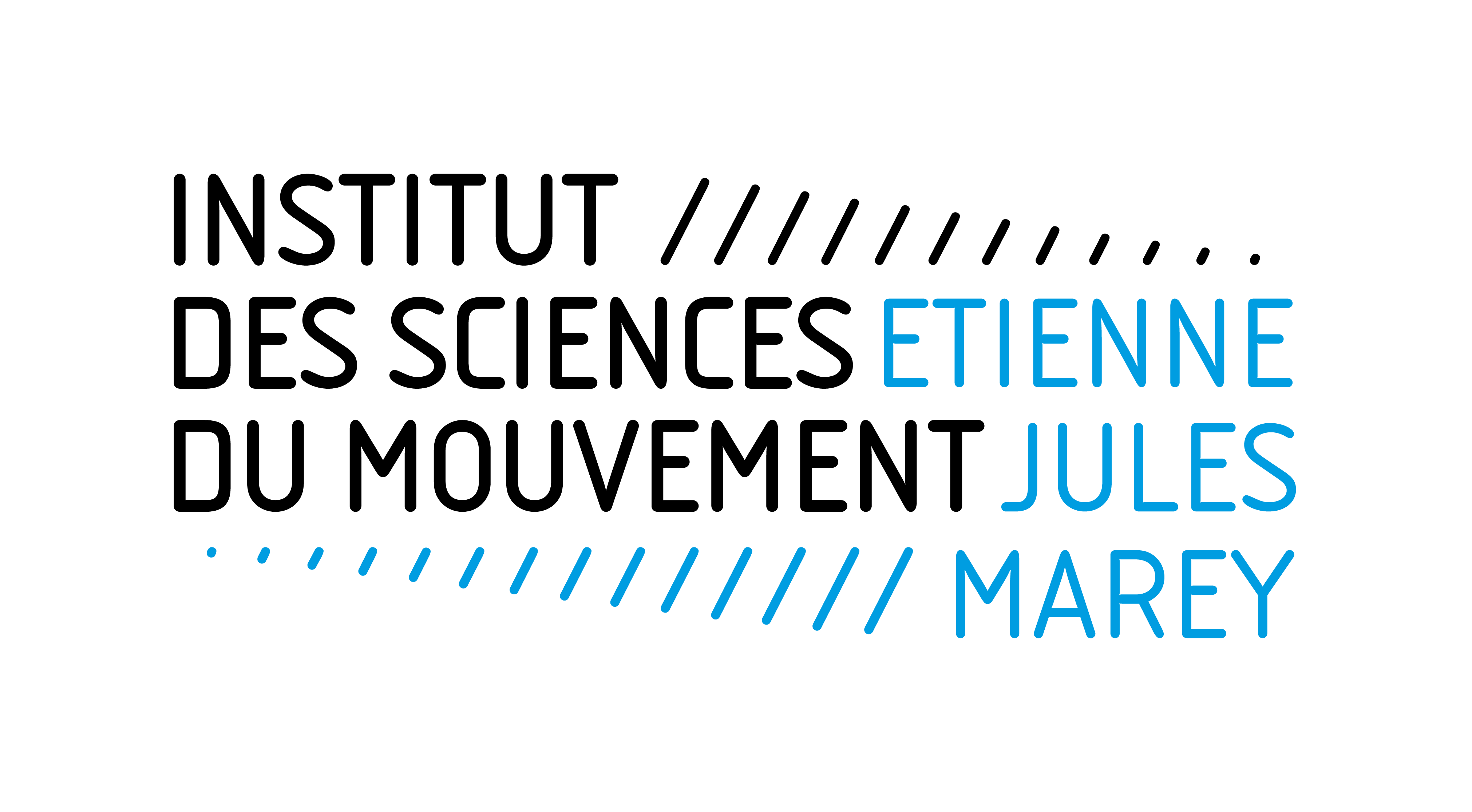Séminaire ISM du jeudi 6 février 2025
de 13 à 14h, salle des thèses FSS
Speaker: Dr HaDi MaBouDi, School of Biosciences and Department of Computer Science, University of Sheffield, UK (invité par J. Serres)
Title: Nature's Blueprint: How Insect Intelligence is Shaping Machine Autonomy
Abstract:
Insects, with their small yet highly efficient brains, exhibit remarkable cognitive abilities such as visual pattern recognition, decision-making, and complex social behaviours—often rivalling those of much larger organisms. These impressive capabilities stem from unique and efficient brain function strategies, which provide valuable insights for the development of bio-inspired algorithms. By studying how insect brains handle information under diverse conditions, we can unlock innovations in artificial intelligence (AI) and machine autonomy. This talk explores examples from Drosophila’s visual system and bee behaviours in visual processing, decision-making, and concept learning tasks, illustrating how decoding these processes can inform more adaptable and autonomous AI models. This demonstrates how the principles underlying insect cognition offer a new blueprint for AI, addressing current limitations in generalisation and adaptability. By drawing inspiration from nature’s evolutionary innovations, we can design AI systems that exhibit greater flexibility and autonomy.
Bio:
My research operates at the intersection of mathematics, computation, and biology, focusing on uncovering the fundamental principles that govern intelligent behaviours in animals through mechanistic and comparative approaches. Specialising in insect behaviour and neuroscience, I aim to advance both natural and artificial intelligence, with a particular emphasis on autonomy within embedded cognition.
I hold a Master's degree in Mathematics and a PhD in Computational and Cognitive Neuroscience, during which I developed generative models to uncover how local phase information in visual input is processed by the early visual cortex. This work was conducted under the supervision of Prof. Shun-Ichi Amari at the RIKEN Centre for Brain Science, Japan.
After completing my PhD, I transitioned to studying information processing in small-brained animals at Queen Mary University of London under Prof. Lars Chittka and continued this research at the University of Sheffield with Prof. James Marshall and Prof. Mikko Juusola. During this period, I developed algorithms for analysing bee behaviour and created neuromorphic models to understand cognitive efficiency.
I later joined Opteran Technologies, where I applied biological insights to computational innovations by reverse-engineering insect brain functions to enhance autonomy in robotic systems. Currently, as a Senior Researcher at the University of Sheffield, I leverage behavioural and neurobiological technologies, computational modelling, and machine learning to decode the computational and neural mechanisms underlying visual processing in bees and Drosophila.

